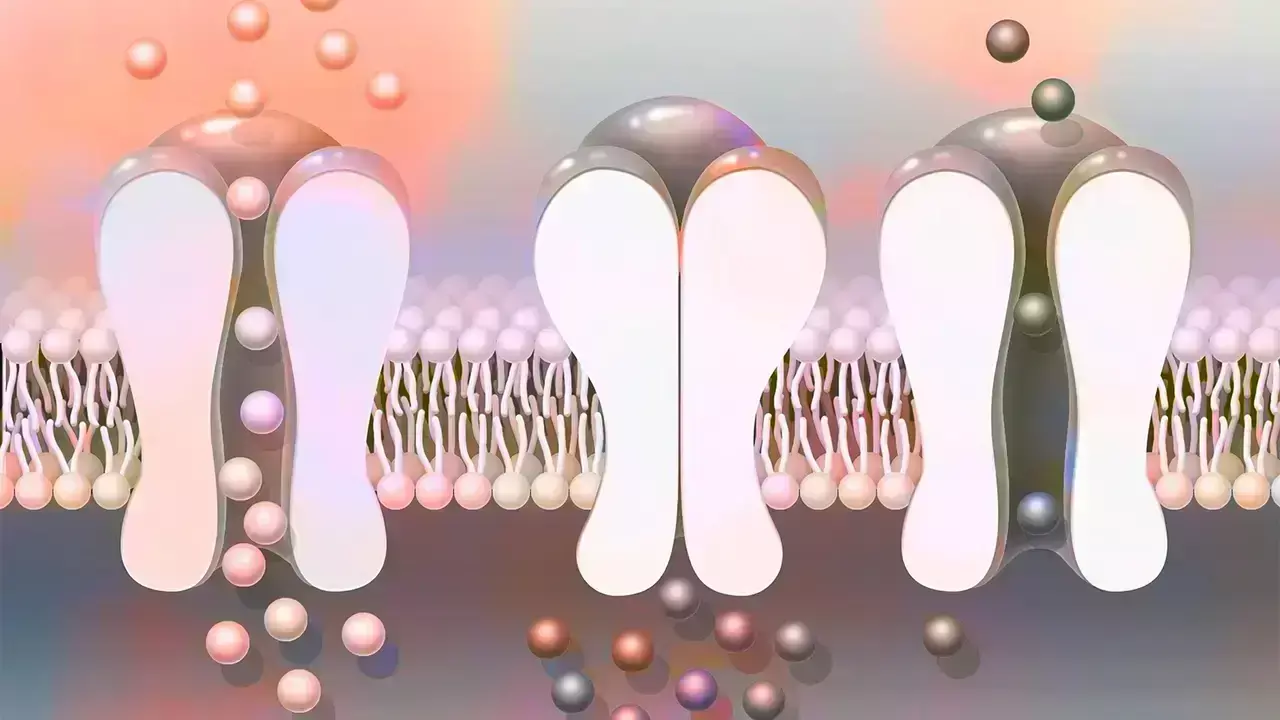- Home
- Medical news & Guidelines
- Anesthesiology
- Cardiology and CTVS
- Critical Care
- Dentistry
- Dermatology
- Diabetes and Endocrinology
- ENT
- Gastroenterology
- Medicine
- Nephrology
- Neurology
- Obstretics-Gynaecology
- Oncology
- Ophthalmology
- Orthopaedics
- Pediatrics-Neonatology
- Psychiatry
- Pulmonology
- Radiology
- Surgery
- Urology
- Laboratory Medicine
- Diet
- Nursing
- Paramedical
- Physiotherapy
- Health news
- Fact Check
- Bone Health Fact Check
- Brain Health Fact Check
- Cancer Related Fact Check
- Child Care Fact Check
- Dental and oral health fact check
- Diabetes and metabolic health fact check
- Diet and Nutrition Fact Check
- Eye and ENT Care Fact Check
- Fitness fact check
- Gut health fact check
- Heart health fact check
- Kidney health fact check
- Medical education fact check
- Men's health fact check
- Respiratory fact check
- Skin and hair care fact check
- Vaccine and Immunization fact check
- Women's health fact check
- AYUSH
- State News
- Andaman and Nicobar Islands
- Andhra Pradesh
- Arunachal Pradesh
- Assam
- Bihar
- Chandigarh
- Chattisgarh
- Dadra and Nagar Haveli
- Daman and Diu
- Delhi
- Goa
- Gujarat
- Haryana
- Himachal Pradesh
- Jammu & Kashmir
- Jharkhand
- Karnataka
- Kerala
- Ladakh
- Lakshadweep
- Madhya Pradesh
- Maharashtra
- Manipur
- Meghalaya
- Mizoram
- Nagaland
- Odisha
- Puducherry
- Punjab
- Rajasthan
- Sikkim
- Tamil Nadu
- Telangana
- Tripura
- Uttar Pradesh
- Uttrakhand
- West Bengal
- Medical Education
- Industry
Azetukalner Shows Promise in Early Trial for Treating Depression and Anhedonia: JAMA

Preliminary results from a randomized clinical trial suggest that azetukalner may be effective in treating major depressive disorder (MDD) and anhedonia, supporting its continued clinical development. The research has been published in Journal of American Medical Association
Available antidepressants provide inadequate therapeutic responses in many patients with major depressive disorder (MDD), highlighting a substantial unmet need. X-NOVA was a multicenter, proof-of-concept, phase 2, randomized, double-blind, parallel-group, placebo-controlled clinical trial that evaluated azetukalner in participants (adults aged ≥18 to ≤65 years) with moderate to severe MDD in a current depressive episode.
Participants were enrolled between April 2022 and October 2023, and data analysis occurred from January 2023 to January 2024. Participants were randomized (1:1:1) to 10 mg of azetukalner, 20 mg of azetukalner, or placebo orally once daily with food for 6 weeks, with a 4-week follow-up. Concomitant antidepressant medications were not permitted. The primary efficacy end point was change in Montgomery-Åsberg Depression Rating Scale (MADRS) score at week 6. Secondary end points included change from baseline at week 6 in the Snaith-Hamilton Pleasure Scale (SHAPS) and Beck Anxiety Inventory. Exploratory end points included change in the Hamilton Depression Rating Scale, 17-Item (HAM-D17) score and change in MADRS at week 1. Frequency and severity of treatment-emergent adverse events (TEAEs) were recorded.
Results Altogether, 168 participants were randomized (56 to placebo, 56 to 10 mg of azetukalner, and 56 to 20 mg of azetukalner); mean (SD) age was 47.2 (13.6) years, and 111 participants (66.5%) were female. The modified intent-to-treat and safety populations consisted of 164 and 167 participants, respectively. The mean (SE) reduction in MADRS scores from baseline to week 6 was –13.90 (1.41) points with placebo, –15.61 (1.34) points with 10 mg of azetukalner, and –16.94 (1.45) points with 20 mg of azetukalner; the mean (SE) reduction with 20 mg of azetukalner vs placebo was clinically meaningful but not statistically significant (–3.04 points; 95% CI, –7.04 to 0.96 points; P = .14) at week 6, while significant at week 1 (–2.66 points; 95% CI, –5.30 to –0.03 points; P = .047). The mean (SE) reduction in HAM-D17 from baseline to week 6 was significantly greater with 20 mg of azetukalner vs placebo (–13.3 [1.1] vs –10.2 [1.0] points; P = .04). The mean (SE) reduction in SHAPS scores from baseline to week 6 was significantly greater with 20 mg of azetukalner vs placebo (–7.77 [0.87] vs –5.30 [0.85] points; P = .046).
Similar rates of discontinuation due to TEAEs were reported across groups. In this randomized clinical trial of azetukalner, preliminary findings supported its further clinical development for the treatment of MDD and anhedonia.
Reference:
Butterfield NN, Luzon Rosenblut C, Fava M, et al. Azetukalner, a Novel KV7 Potassium Channel Opener, in Adults With Major Depressive Disorder: A Randomized Clinical Trial. JAMA Netw Open. 2025;8(5):e2514278. doi:10.1001/jamanetworkopen.2025.14278
Dr. Shravani Dali has completed her BDS from Pravara institute of medical sciences, loni. Following which she extensively worked in the healthcare sector for 2+ years. She has been actively involved in writing blogs in field of health and wellness. Currently she is pursuing her Masters of public health-health administration from Tata institute of social sciences. She can be contacted at editorial@medicaldialogues.in.
Dr Kamal Kant Kohli-MBBS, DTCD- a chest specialist with more than 30 years of practice and a flair for writing clinical articles, Dr Kamal Kant Kohli joined Medical Dialogues as a Chief Editor of Medical News. Besides writing articles, as an editor, he proofreads and verifies all the medical content published on Medical Dialogues including those coming from journals, studies,medical conferences,guidelines etc. Email: drkohli@medicaldialogues.in. Contact no. 011-43720751


